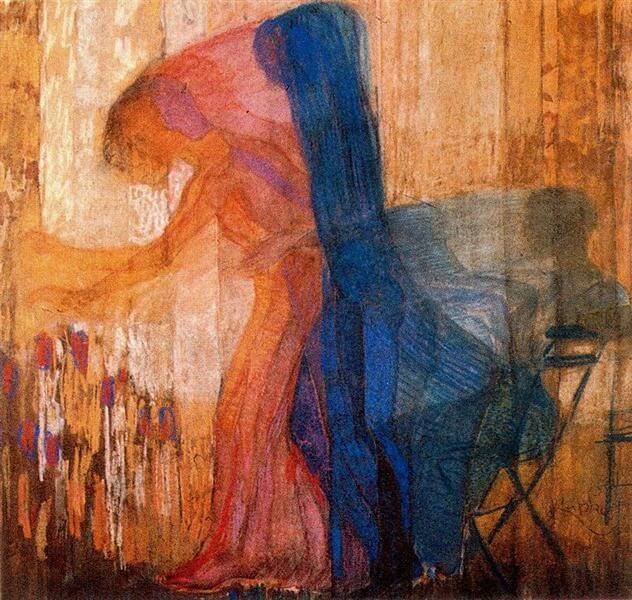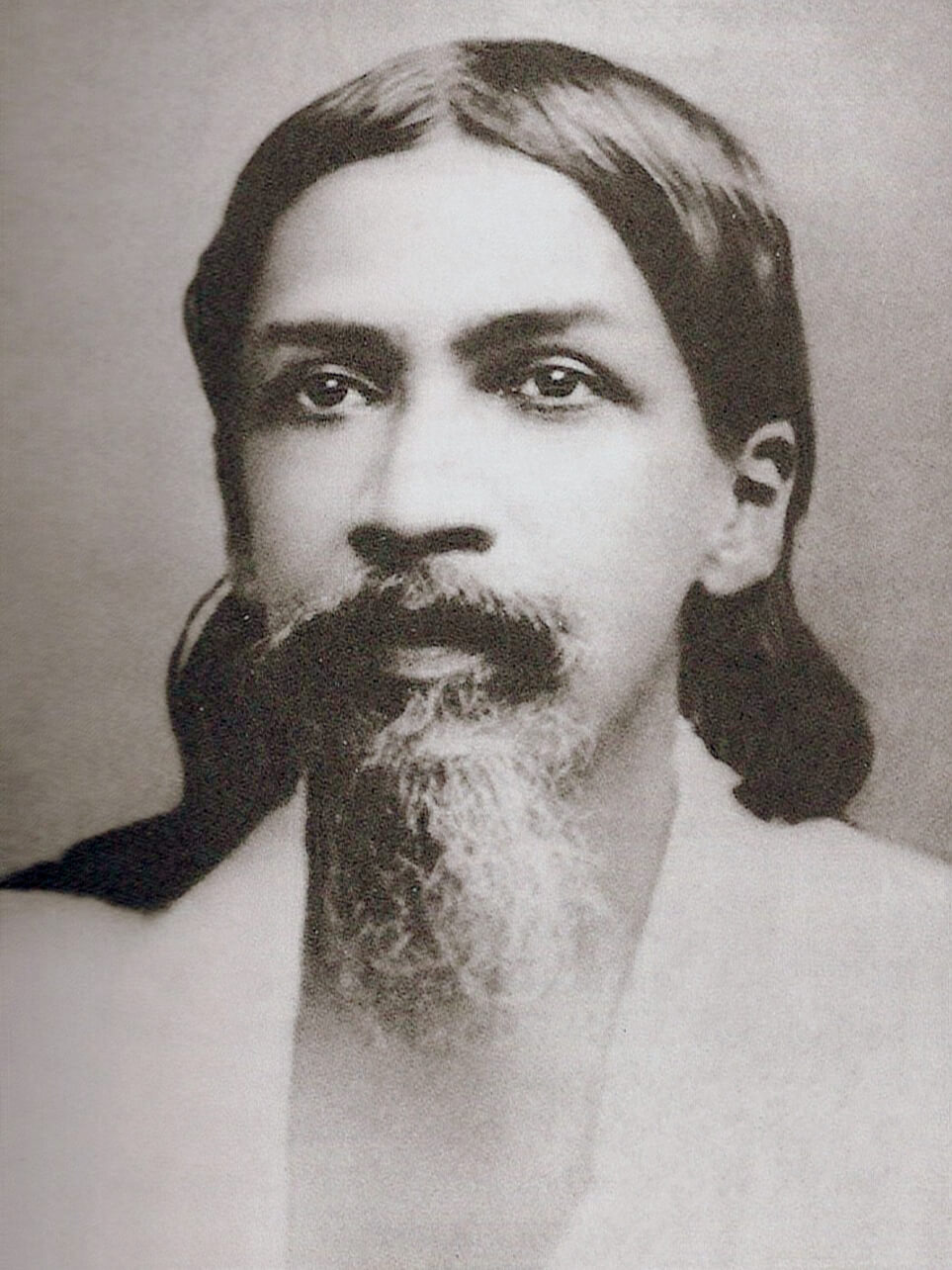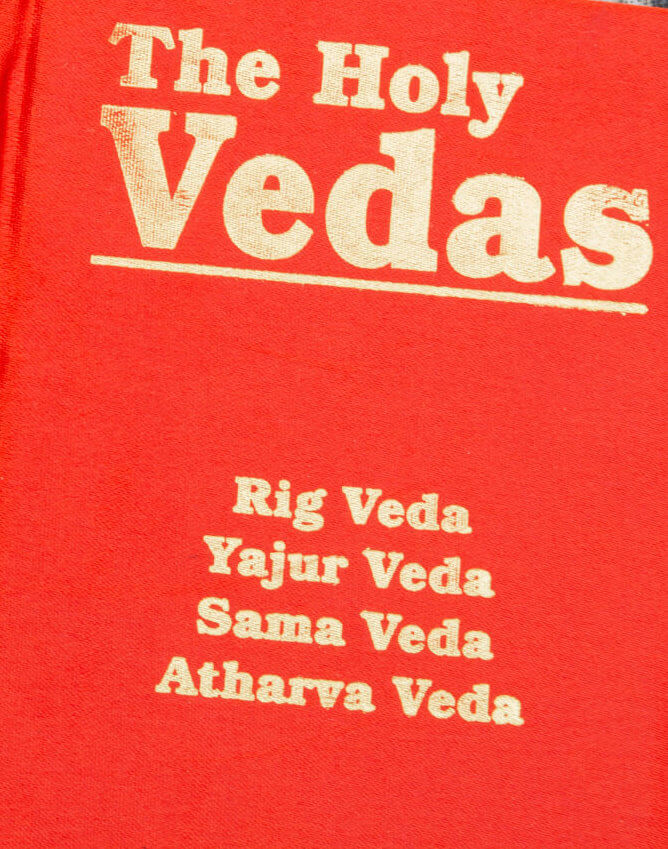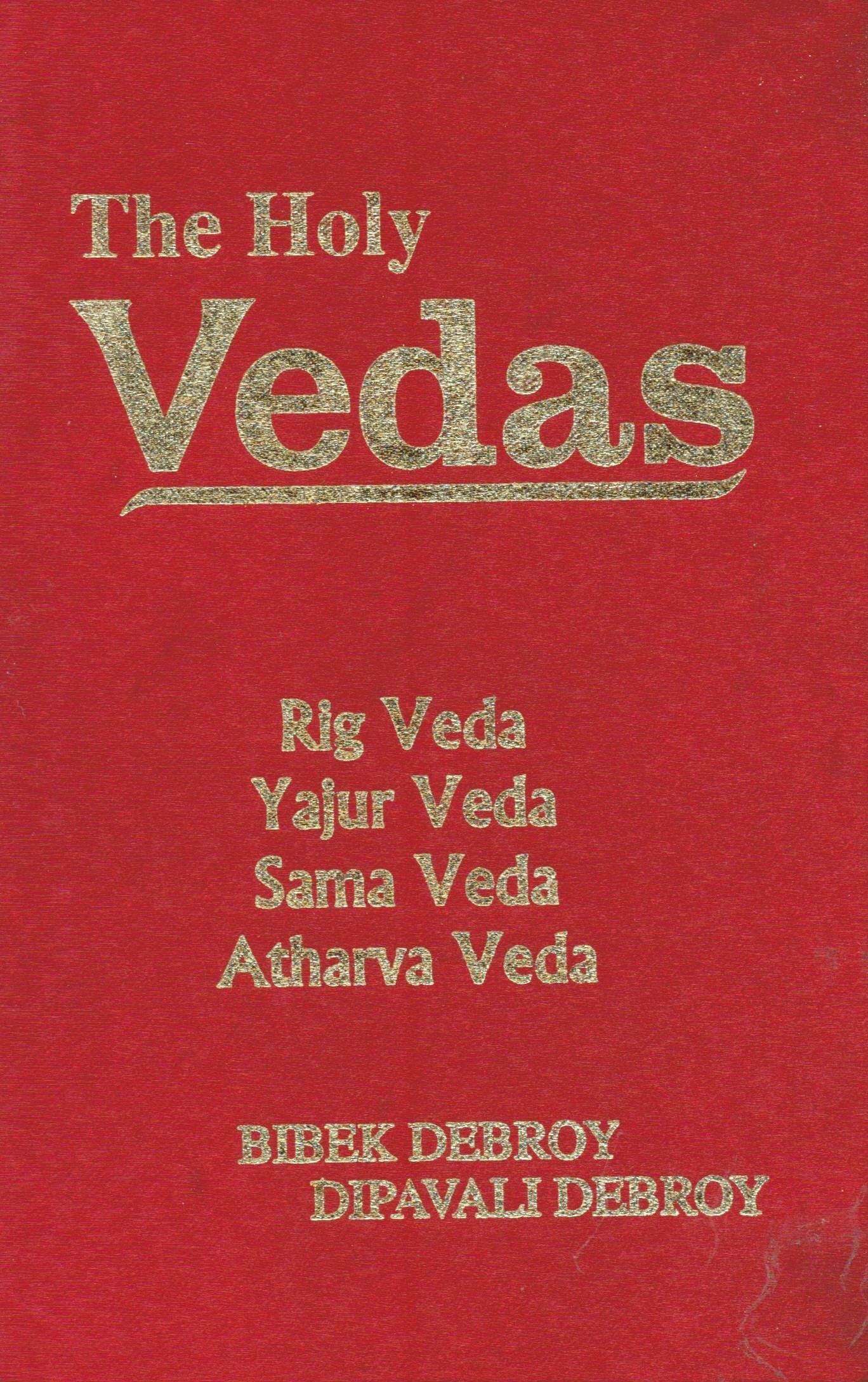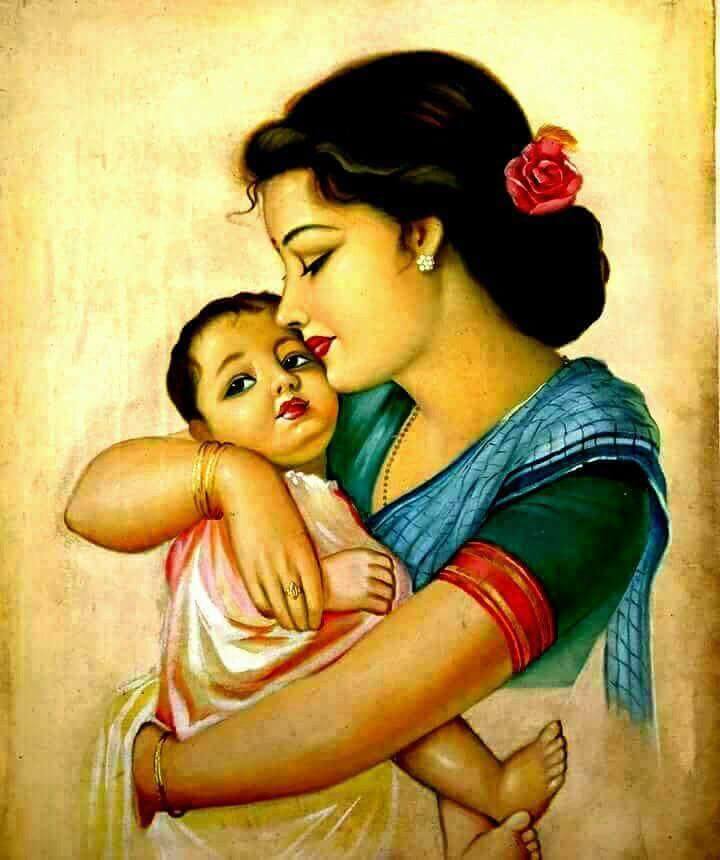Showing 241–256 of 277 results
-

The Mahabharata II: Dicing and Exile
$1,500.00This course is currently unavailable for registration
Select options This product has multiple variants. The options may be chosen on the product pageThe Mahabharata II: Dicing and Exile
$1,500.00TAT7202 – This is Part 2 of a four-semester course on the entire Mahābhārata. The course focuses on an overview of the text and evaluates approaches to interpreting it. It traces the conflict narrative beginning with the meteoric rise in the fortunes of the Pāṇḍavas and their catastrophic loss in the dicing game.
Quick View -

The Philosophy of History
$1,500.00In stock
Select options This product has multiple variants. The options may be chosen on the product pageThe Philosophy of History
$1,500.00HAM8400 – This course introduces students to the philosophy of history, that is, the philosophical inquiry into the meaning, nature, and validity of historical experience. After surveying earlier attempts, we shall focus on a distinctively German tradition of regarding history as a coherent, meaningful process oriented towards some ultimate aim, which to elucidate is the philosophy of history’s task. Here we shall read selections from Kant, Herder, Hegel, and Marx. We shall be especially concerned with identifying the theological sources of this tradition. As used here, the expression “philosophy of history” denotes the attempt to understand the course of history as a whole. “As a whole” means that the historical process forms a unity embodying an overall plan, whereas the particular historical events that make up this process are neither random nor incoherent; rather, they possess a specific meaning and are justified in regards to this plan. The philosophy of history answers the demand that historical events and human experiences be satisfactory to reason, indeed, that reason should see itself progressively reflected in them.
Quick View -
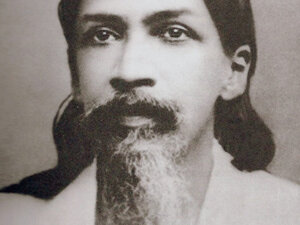
The Renaissance of Sanatana Dharma In the Light of Sri Aurobindo – Part 1
$200.00In stock
Select options This product has multiple variants. The options may be chosen on the product pageThe Renaissance of Sanatana Dharma In the Light of Sri Aurobindo – Part 1
$200.00HSF3101 – (C.P.H.S – Elective Course) More than any one single figure, Sri Aurobindo prophesied that the renaissance of Sanatana Dharma was necessary for all of humanity.
It is this Sanatana Dharma which has kept Adhyatma as its core foundation, insisting on Truth alone, seeking peace, harmony, beauty, perfection, purity, self-knowledge, oneness and unity, light and delight, and does not reject any aspect of life.
This three-quarter course sequence is an attempt to revisit the principles, core teachings, the Shastras, practices, the past, present, and future of Sanatana Dharma in the light of Sri Aurobindo. We will also examine the state of the renaissance of Sanatana Dharma, current day misunderstandings, misrepresentations, and challenges and revisit the insights of the ancient seers and sages – all through the vision of Sri Aurobindo.
Quick View -

The Renaissance of Sanatana Dharma In the Light of Sri Aurobindo – Part 2
$200.00This course is currently unavailable for registration
Select options This product has multiple variants. The options may be chosen on the product pageThe Renaissance of Sanatana Dharma In the Light of Sri Aurobindo – Part 2
$200.00HSF3102 – (C.P.H.S – Elective Course) More than any one single figure, Sri Aurobindo prophesied that the renaissance of Sanatana Dharma was necessary for all of humanity. It is this Sanatana Dharma which has kept Adhyatma as its core foundation, insisting on Truth alone, seeking peace, harmony, beauty, perfection, purity, self-knowledge, oneness and unity, light and delight, and does not reject any aspect of life.
This three-quarter course sequence is an attempt to revisit the principles, core teachings, the Shastras, practices, the past, present, and future of Sanatana Dharma in the light of Sri Aurobindo. We will also examine the state of the renaissance of Sanatana Dharma, current day misunderstandings, misrepresentations, and challenges and revisit the insights of the ancient seers and sages – all through the vision of Sri Aurobindo.
Quick View -

The Renaissance of Sanatana Dharma In the Light of Sri Aurobindo – Part 3
$200.00This course is currently unavailable for registration
Select options This product has multiple variants. The options may be chosen on the product pageThe Renaissance of Sanatana Dharma In the Light of Sri Aurobindo – Part 3
$200.00HSF3103 – (C.P.H.S – Elective Course) More than any one single figure, Sri Aurobindo prophesied that the renaissance of Sanatana Dharma was necessary for all of humanity. It is this Sanatana Dharma which has kept Adhyatma as its core foundation, insisting on Truth alone, seeking peace, harmony, beauty, perfection, purity, self-knowledge, oneness and unity, light and delight, and does not reject any aspect of life.
This three-quarter course sequence is an attempt to revisit the principles, core teachings, the Shastras, practices, the past, present, and future of Sanatana Dharma in the light of Sri Aurobindo. We will also examine the state of the renaissance of Sanatana Dharma, current day misunderstandings, misrepresentations, and challenges and revisit the insights of the ancient seers and sages – all through the vision of Sri Aurobindo.
Quick View -

The Three Vedantic Perspectives on Ishavasya Upanishad
In stock
Read more
The Three Vedantic Perspectives on Ishavasya Upanishad
Quick View -
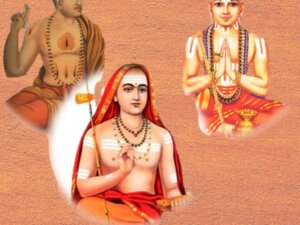
The Three Vedantic Perspectives on the Bhagavad Gita
$300.00This course is currently unavailable for registration
Select options This product has multiple variants. The options may be chosen on the product pageThe Three Vedantic Perspectives on the Bhagavad Gita
$300.00TAT4002 – (C.P.H.S – Elective Course) Hindu Thought provides for the simultaneous co-existence of varied perspectives on the nature of ultimate Reality. When developed deeply, these perspectives naturally mature into diverse Sampradāyas. This course will explore the commentaries of the three famous Acharyas, Sri Shankarāchārya, Sri Rāmānujācharya and Sri Madhvāchārya on the Bhagavad Gita. Through this course, students will be able to recognize the underlying unity of Hindu thought, while appreciating the diversity of perspectives that emerge from that fundamental unity, tailored to different people’s pre-dispositions, tastes, age, and era.
Quick View -
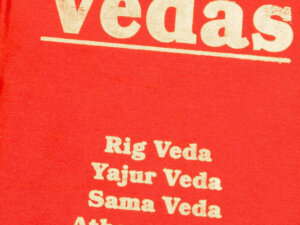
The Vedas (Atharva)
$900.00In stock
Select options This product has multiple variants. The options may be chosen on the product pageThe Vedas (Atharva)
$900.00(SAN8104) – Vedic texts constitute the foundation of the worldview and way of life that informs Hindu life and culture. Like the other Vedas, Atharvaveda is also structured into sections called Saṁhitā (verses in praise of Vedic devatās or deities), Brāhmaṇa (ritual practice or liturgy), and Upaniṣad (spiritual and philosophical expositions or exegesis). Unlike the other Vedas, the Atharvaveda has no known Āraṇyaka section. The Mantras of the Atharvaveda provide reflections on worldly sciences such as governance, administration, and information about diseases and their cures.
Prerequisites:
1) The medium of Instruction is Sanskrit
2) Only currently enrolled Sanskrit master’s certificate students can register for these courses.
3) Admission into Master Program in Sanskrit through HUA.
4) Completed previous MA Sanskrit Course prerequisite if any.
Quick View -

The Vedas (Rgveda)
$900.00In stock
Select options This product has multiple variants. The options may be chosen on the product pageThe Vedas (Rgveda)
$900.00(SAN6104) – The course provides an overview of the features, structure, and contents of the Ṛgveda as well as provides illustrations from the Saṁhitā, Brāhmaṇa, Āraṇyaka and Upaniṣad sections of the Ṛgveda to understand how they vary in their features and content from each other.
Pre-requisite:
1) The medium of Instruction is Sanskrit
2) Only currently enrolled Sanskrit master’s certificate students can register for these courses.
3) Admission into Master Program in Sanskrit.
4) Completed previous MA Sanskrit Course
Quick View -
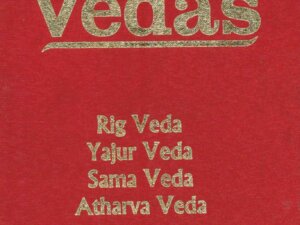
The Vedas (Yajus-Sama)
$900.00In stock
Select options This product has multiple variants. The options may be chosen on the product pageThe Vedas (Yajus-Sama)
$900.00(SAN7104) – Vedic texts constitute the foundation of the worldview and way of life that informs Hindu life and culture. Like the other Vedas, Yajurveda and Sāmaveda are also structured into sections called Saṁhitā (verses in praise of Vedic devatās or deities), Brāhmaṇa (ritual practice or liturgy), Āraṇyaka (the link between ritual and spiritual expositions) and Upaniṣad (spiritual and philosophical expositions or exegesis).
The Yajurveda consists of mantras or yajus that detail the ritual procedure associated with various yajña-s i.e. offerings and oblations towards deities performed using a sacred fire and discuss the classification, purpose, and consequences of such ritual action. The Sāmaveda consists of mantras called sāman-s, that are musical in nature, used to praise the deities extolled in the Vedas.
Pre-requisites:
1) The medium of Instruction is Sanskrit
2) Only currently enrolled Sanskrit master’s certificate students can register for these courses.
3) Admission into Master Program in Sanskrit.
4) Completed previous MA Sanskrit Course
Quick View -
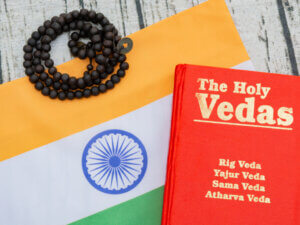
The Vedic Origins of Hinduism
$1,500.00In stock
Select options This product has multiple variants. The options may be chosen on the product pageThe Vedic Origins of Hinduism
$1,500.00HSF5001 – In order to understand the roots of Hinduism which for many thousands of years has kept the fundamentals of Sanatana Dharma alive, the Veda has to be understood in its essence. There have been several attempts to discover the true sense of the Vedic Mantras. Yet the Veda has been misunderstood, misinterpreted, and presented to contemporary humanity in a way that has lost its essential meaning.
Today there still remains a wide gap in our understanding of what the Veda meant to convey. This course on the Vedic Origins of Hinduism will examine various interpretations of the Veda and seek to enter the spirit of the seers of the Veda. It will provide students with a deep insight into the uninterrupted continuity of Hindu thought as it unfolded across the millennia, keeping the foundational values of the civilisation alive from generation to generation.
Quick View -

The Yoga of Global Transformation
In stock
Read moreThe Yoga of Global Transformation
This course explores how humanity can meet the ever-pressing challenge of global sustainability, that we all confront collectively. It explores the notion of a new kind of collective Yoga, that will be required to enable a regenerating natural world, in place of a depleting one. It speculates on how we may help each other succeed in this new Kurukshetra battle and how we may devise new ways of organizing ourselves and create new games we may play in order to meet our collective needs while staying within our planetary boundaries indefinitely.
Quick View -

The Yoga of Global Transformation
In stock
Read moreThe Yoga of Global Transformation
CPS2002 – This course explores how humanity can meet the ever-pressing challenge of global sustainability, that we all confront collectively. It explores the notion of a new kind of collective Yoga, that will be required to enable a regenerating natural world, in place of a depleting one. It speculates on how we may help each other succeed in this new Kurukshetra battle and how we may devise new ways of organizing ourselves and create new games we may play in order to meet our collective needs while staying within our planetary boundaries indefinitely.
Quick View -

The Yoga of Mahabharata
$250.00This course is currently unavailable for registration
Select options This product has multiple variants. The options may be chosen on the product pageThe Yoga of Mahabharata
$250.00YOG3100 – (C.P.H.S – Elective Course) This course is designed to use the itihasa-purana Mahabharata as a mirror to discover oneself. Key aspects of antaranga yoga (the process of introspection described in the Yoga Sutras) are exemplified through the Mahabharata stories. This enables us to gain a deep comprehension of our psyche and its patterns.
Click here to check if you are eligible for a scholarship
Late fee is applied from April 6, 2023.
Quick View -

The Yoga of Mahabharata
$200.00This course is currently unavailable for registration
Select options This product has multiple variants. The options may be chosen on the product pageThe Yoga of Mahabharata
$200.00YOG3100 – (C.P.H.S – Elective Course) This course is designed to use the itihasa-purana Mahabharata as a mirror to discover oneself. Key aspects of antaranga yoga (the process of introspection described in the Yoga Sutras) are exemplified through the Mahabharata stories. This enables us to gain a deep comprehension of our psyche and its patterns.
Quick View -
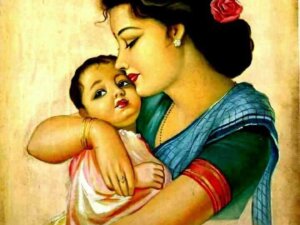
The Yoga of Motherhood
$350.00This course is currently unavailable for registration
Select options This product has multiple variants. The options may be chosen on the product pageThe Yoga of Motherhood
$350.00YOG3300 – (C.P.H.S – Elective Course) The Yoga of Motherhood is a transformational pathway for mothers to learn how to recover their own health and vitality, and that of their children and lineages. It is not about physical postures but a way of grounding in a concise framework of the physical, mental, and subtle bodies, and learning to heal through a yogic process of connecting to our inmost self. As we become more conscious of what is happening inside us as mothers, we can begin to lovingly influence our children in the subtle realms, even to the level of being able to help them heal from sickness, disease, and harmful behaviors. Students will learn several theories and methodologies of self-healing and healing others, and can become capable of releasing ancestral, psychological, and emotional blockages to cultivate wellbeing and harmony in their lives.
Click here to check if you are eligible for a scholarship
A late payment fee of $50 will be charged for all the Spring 2023 courses registrations from April 6, 2023. – Applied.
Quick View










